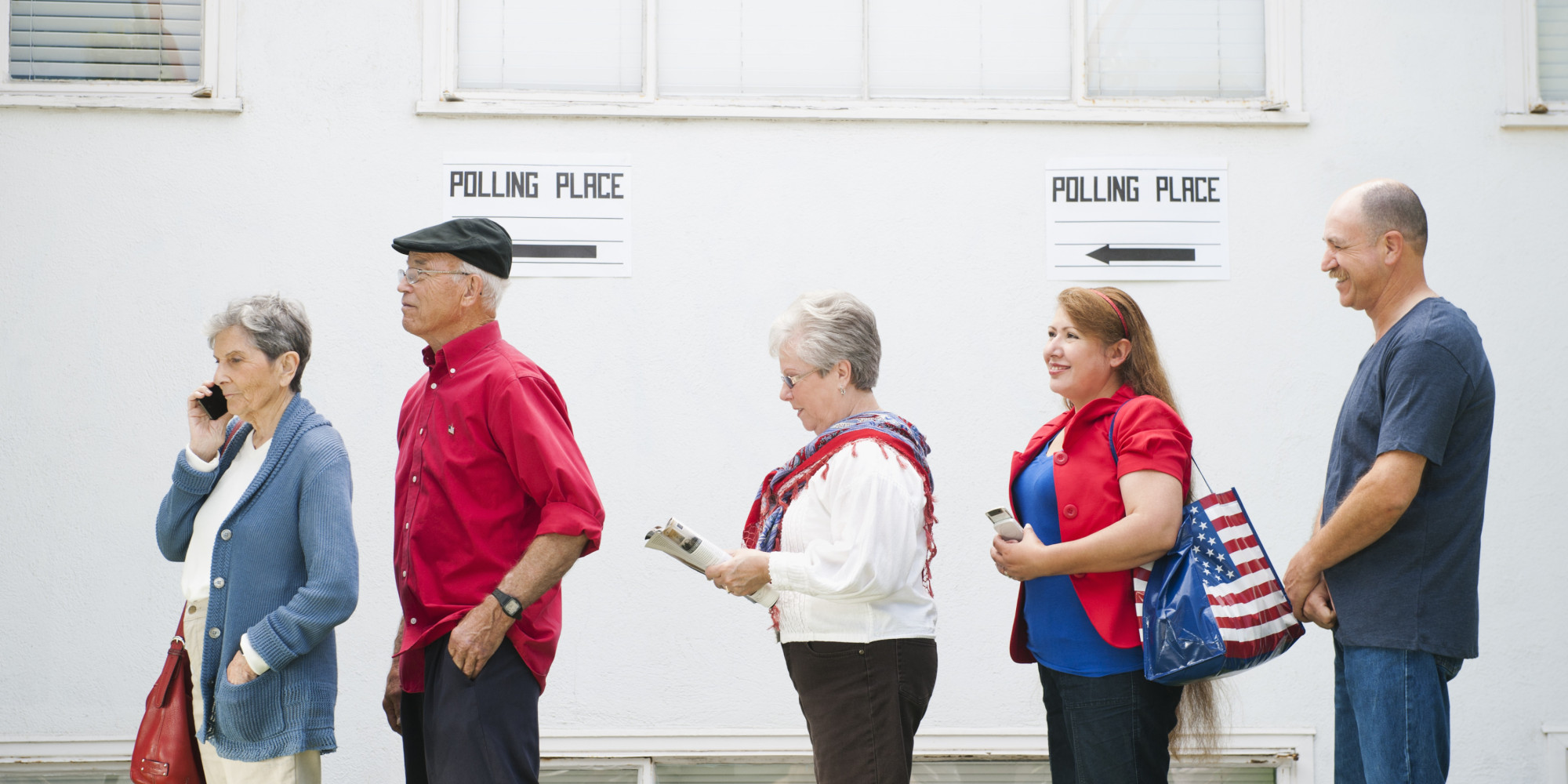Western countries are ageing. By 2050 25% of people in the UK will be aged 65 years and over, an increase from 20% in 2018. Additionally, older people have a higher turnout in elections compared to younger demographics. The over 65s have become a powerful electoral group, and as the country ages, it will hold more sway in elections.
So how does this group vote? The elderly’s main voting concerns are not the economy, poverty or the cost of living (as it is with younger voters) but instead immigration and cultural factors.
In practice this means most voters over 65 voted for Brexit, and older voters are voting for the Conservatives more than they have in the past 30 years. As an indication of how influential this group is, according to James Sloam from Royal Holloway University of London, younger people’s embrace of Labour in the 2019 election was “more than offset” by older voters overwhelmingly choosing the Conservatives.
How they vote is not the only impact this group will have. An ageing country means dramatic increases in demands on the NHS and care homes. The private sector will experience a strain on pension plans not designed to have so many dependents, as well as lower labour productivity. As the readers of this article enter the workforce, you will have to shoulder the burden of funding the incomes of retirees via their pensions, but will not have corresponding electoral clout that the retirees have.
This is problematic as key issues facing the UK are an ageing population and low economic growth. The easiest solution to such problems are liberal immigration policies to bring in working age people to ‘fill the gap’. An ageing electorate is creating issues for the country, by voting against the solutions to these issues – by voting for Brexit and the Conservatives during the recent election.
So here we have an electoral group that has a large impact on elections, does not contribute to economic growth and votes for policies that are economically and socially harmful. Why not take the vote away from them? Voting rights are not innate. Citizens have to wait eighteen years to get the vote, as one needs a certain level of maturity. The converse being once you reach a certain age, are no longer contributing to the economy and your concerns (such as cultural issues) are no longer aligned with the concerns of the majority of the electorate (cost of living), it may be in the best interest of society for you to no longer have the vote.
On the other hand, one cannot take the vote away from a demographic because you do not like how they vote. The above argument assumes knowledge of what is in the ‘best interest’ of society. In reality it is impossible to know what direction a country should go in, and the basis of democracy is that the people decide what the ‘best interest’ is. Older people are if anything more experienced than younger voters. Someone aged 65 today has lived under 28 governments and has experienced living under a range of manifestos. While a vote should be a right that is not dependent on its instrumental value, there is additional value to the elderly’s vote due to the experience they hold.
The elderly should not lose the vote. There are other actions one can take that are less problematic and more effective. Firstly, turnout amongst the young needs to improve to make sure we are fully represented. Secondly, we need to engage with older demographics to explain the benefits of, for example immigration. They do not vote against immigration because they want to shoot the country in the foot, instead they do so because of cultural concerns.
It is up to us to explain that such policies are necessary whether or not there are ‘cultural’ implications, and that immigration has already affected the culture of the UK and that is not a bad thing. Politics is moving away from hard issues like poverty to soft ones such as culture. An open dialogue with all demographics is needed to refocus the political debate.
Image: Huffington Post

